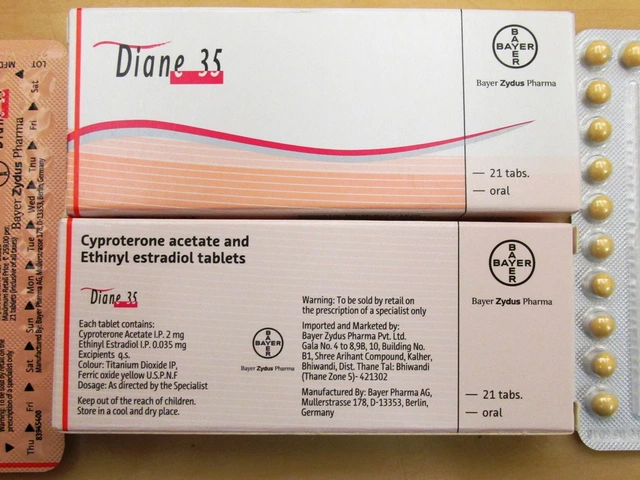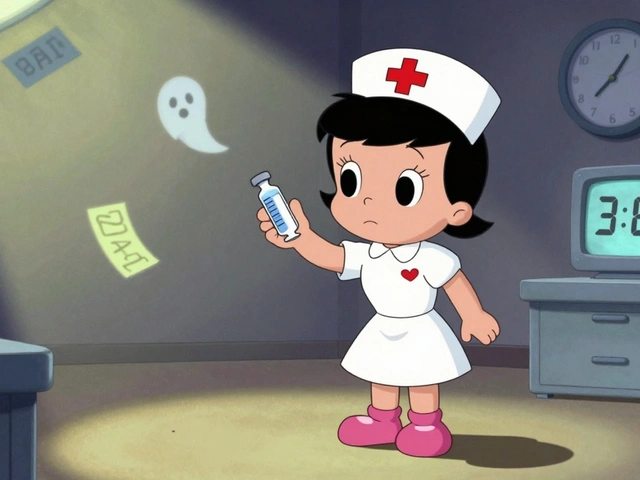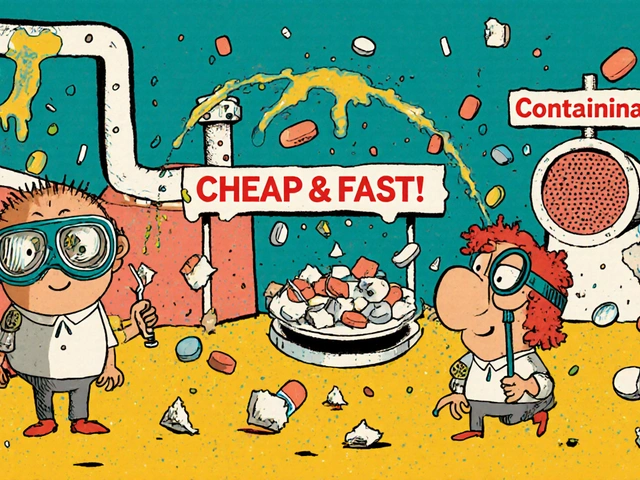Skin Irritations – Quick Relief & Treatment Guide
If your skin feels itchy, red, or painful, you’re probably dealing with a skin irritation. Most people experience one at some point—whether it’s from a new detergent, an insect bite, or just dry weather. The good news is that most irritations are easy to identify and can be soothed with simple steps.
What Triggers Everyday Skin Irritation?
Skin irritation happens when something damages the outer layer of your skin or triggers an allergic response. Common culprits include:
- Contact dermatitis: Direct contact with soaps, fragrances, metals, or plants (like poison ivy).
- Eczema flare‑ups: A chronic condition that gets worse when the skin dries out or is exposed to irritants.
- Insect bites: Mosquitoes, fleas, and bed bugs leave behind itchy welts.
- Heat and sweat: Hot weather can cause prickly heat rash, especially in folds of the skin.
- Allergic reactions: Foods or medications sometimes provoke a widespread rash.
Each type looks a bit different. Contact dermatitis usually appears as red patches that match where the irritant touched you. Eczema shows up as dry, scaly patches that may weep. Insect bites are round and often have a raised center. Knowing the pattern helps you figure out what to avoid.
Easy At‑Home Fixes and When to Seek Help
The first thing to do is stop whatever’s causing the irritation. If you suspect a new soap, switch back to a fragrance‑free cleanser. For insect bites, wash the area with mild soap and apply a cool compress for 10–15 minutes.
After removing the trigger, moisturize. Thick creams or ointments—think petroleum jelly or ceramide‑rich lotions—seal in moisture and calm itching. Apply while the skin is still damp from washing to lock in water.
If itching keeps you up at night, an over‑the‑counter 1% hydrocortisone cream works well for mild rashes. Use it no more than a week unless a doctor says otherwise. Antihistamine tablets like diphenhydramine can also reduce the urge to scratch, especially for allergy‑related bumps.
When home care isn’t enough, it’s time to call a professional. Seek medical help if you notice any of these signs:
- Rapid spreading of redness or swelling.
- Pus, crusting, or open sores that won’t heal.
- Severe pain, fever, or chills.
- Rash covering a large area of the body.
A doctor may prescribe stronger steroids, oral antihistamines, or antibiotics if an infection is present. For stubborn eczema, prescription moisturizers with added ingredients like urea can make a big difference.
Some people wonder whether prescription acne treatments like Retin‑A (tretinoin) help irritated skin. Tretinoin works by speeding up cell turnover and is great for acne, but it can initially cause redness and peeling. If your skin is already inflamed, hold off on tretinoin until the irritation calms down.
In summary, most skin irritations start with a simple trigger and can be managed at home with cooling, moisturizing, and OTC creams. Keep an eye on how your skin reacts, and don’t hesitate to get professional advice if symptoms worsen. With the right steps, you’ll have smoother, calmer skin in no time.




